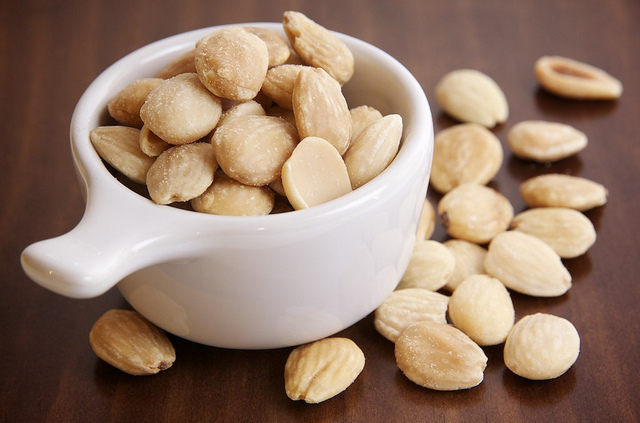Menu
Weight loss
Hormones
Sex
EXPLORE
MEET NU IMAGE MEDICAL
TREATMENTS
MEET NU IMAGE MEDICAL
TREATMENTS
MEET NU IMAGE MEDICAL
Good Habits to Help You Lose Weight


Dr. Constance Odom (MD)
10 years ago
/ 4 min read
Learn about nutrition as much as possible
Don't shop on an empty stomach
Eat breakfast every day
Eat regular meals
Avoid processed foods as much as possible
Cook at home as much as possible
Take your time to enjoy your meals
Pick healthy snacks
Eat one plate at a time
Don't eat after dinner is over
Avoid keeping junk food at home
Be picky about your food choices
Drink enough water
Take the stairs when you can
This article is for informational purposes only and does not constitute medical advice. The information contained herein is not a substitute for and should never be relied upon for professional medical advice. Always talk to your physician about the risks and benefits of any treatment. Nu Image Medical may not offer the medications or services mentioned in this article.
